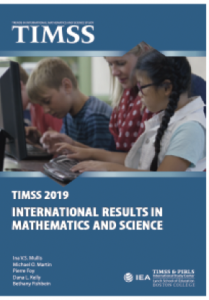Blog #6 Two perspectives to fostering children’s literacy
Renate Valtin and Tiziana Mascia Two perspectives to fostering children’s literacy
Full Paper can be dowloaded here.
In the knowledge-based societies of the 21st Century, the rapid spread of new technologies and a constantly changing work environment, literacy learning is no longer limited to childhood and adolescence; but must be recognized as a lifelong need and requirement. However, in early childhood in the family and in preschool and the first years of primary school the foundation is laid for the rest of development. There is a vast body of literature suggesting measures, activities and methods to foster literacy in young children. In our paper we will present suggestions for an ideal reading life of children, age 0 to 10, mainly derived from two positions: ELINET, the European Literacy Policy Network, who offers a comprehensive societal approach and Maryanne Wolf, renowned scholar of literacy and the brain, currently directing the Center for Dyslexia, Diverse Learners and Social Justice at UCLA.… Read the rest
 The 37th Conference of Applied Language Studies, Education for Social Justice Conference will take place completely online on June 1-3, 2021 in Jyväskylä, Finland. Join the conference and register on the
The 37th Conference of Applied Language Studies, Education for Social Justice Conference will take place completely online on June 1-3, 2021 in Jyväskylä, Finland. Join the conference and register on the 
 With the recent release of the results of the 2019 cycle of Trends in Mathematics and Science Study (TIMSS), it is important to consider the extent to which literacy skills and abilities are essential for success on this assessment.
With the recent release of the results of the 2019 cycle of Trends in Mathematics and Science Study (TIMSS), it is important to consider the extent to which literacy skills and abilities are essential for success on this assessment.  Update: We did it. The first day of the conference was wonderful. If you were not able to participate online, fore a while (don’t know how long) you can (re)view the
Update: We did it. The first day of the conference was wonderful. If you were not able to participate online, fore a while (don’t know how long) you can (re)view the
